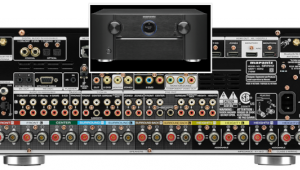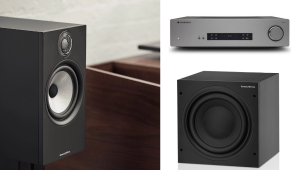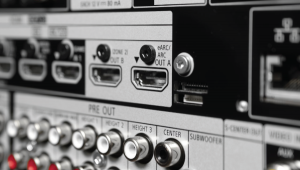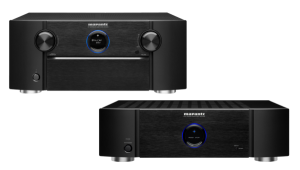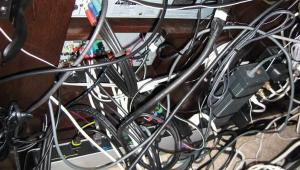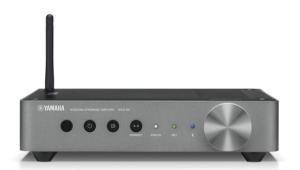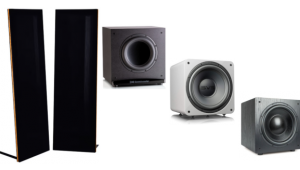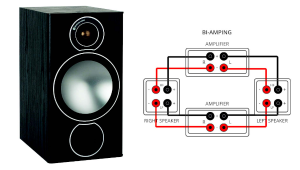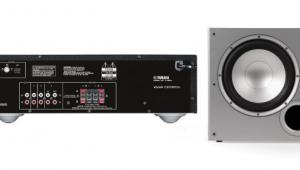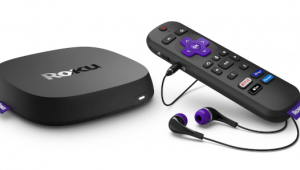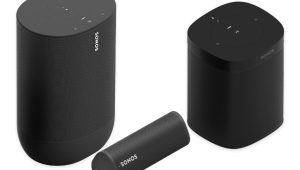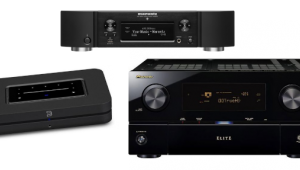I know with the robust WiFi Routers now available Streaming Video connected to them should have no problems, but I still think Hard Wired Ethernet will provide full Bandwidth and the best consistent Signal. Especially going forward to utilize all the Bandwidth of your connection.
Can a TV’s Built-in Apps Stream True 4K?
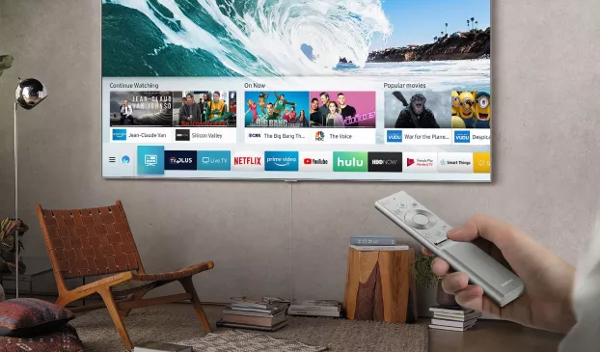
A The built-in apps such as Netflix, Amazon Prime, Vudu, and YouTube on most Ultra HDTVs are indeed capable of streaming 4K resolution video along with HDR10 and, in some cases, Dolby Vision and HDR10+ high dynamic range. And by 4K I mean real 4K, not upconverted 1080p HD video. It’s easy to verify the resolution of movies and other content offered by streaming services. With Netflix, for example, a program page will provide tags indicating HD, Ultra HD/4K, or Dolby Vision status. For Amazon, 4K content is labeled as 4K/UHD, and Vudu clearly lists programs as being Dolby Vision, 4K/HDR (HDR10), or HDX (1080p). If your TV’s built-in apps aren’t capable of supporting 4K/HDR streaming, relevant tags (Dolby Vision, for example) won’t be listed on the program’s info page.
Though streaming via Wi-Fi shouldn’t have an effect on video resolution, whether it does or not will depend on the robustness of your home’s internet connection and wireless network. Netflix, for example, specifies a 25 megabits per second connection speed to stream Ultra HD. (You’ll also need to upgrade to a $16/month Netflix Premium plan.) And while the service tier you have with your ISP may support that, using an older router (802.11g, for example) will reduce the connection speed of networked devices such as a TV to below that threshold. For optimal streaming quality, you’ll want to use the most current and best Wi-Fi router you can afford. New models also support dual-band (2.4GHz/5GHz) connections, have increased transmission range, and are designed to support simultaneous streaming to multiple devices in the home. With one of these in place, you should have no issue streaming 4K over Wi-Fi to a TV.
Click here for more expert advice on all things audio and video.
- Log in or register to post comments


The article says Netflix says you need an internet connection speed of 25 Mbps. This is not what you NEED, this is THE LOWEST SPEED NETFLIX RECOMMENDS. You will get the MOST compressed video and the MOST compressed audio if you have no better than 25 Mbps anywhere in the signal path to your TV. To get the best quality audio and video from streaming services that offer UHD (come on, UHD is easy and 4K is inaccurate, so maybe stop with the 4K, anyway...)I don't know what the max data-rate is that they will send. If we knew that, there could be some sort of "you need at least XX Mbps for maximum video and audio quality" statement, but I don't see the services mentioning how to get the BEST they offer. Streaming services typically begin by testing your connection speed. When this is going on, you will see horrific video resolution when you first start a program and over a couple of minutes, the picture will bet better and better as the streaming service tests your connection to see how fast you can accept data. Once you reach the max quality (least additional compression compared to the source) the streaming service will send, the images will stop looking better. By the way, the phase when they test your connection speed should be a one- or two-time thing for each streaming service. Once they confirm your connection speed, they typically store it somewhere and if you have a fast connection speed, additional programs are sent in high-res automatically so you don't keep getting the ugly low-res thing at the beginning of streaming content.

As someone who's been grappling with similar questions about my own 4K TV setup, I find this query really intriguing. It's a common dilemma many of us face: whether to rely on built-in smart TV apps or invest in external streaming devices. I'm particularly curious about the performance difference between built-in apps and dedicated streaming boxes. Does the TV's processing power significantly impact streaming quality? I wonder if there are any noticeable differences in picture quality or loading times between the two methods. The question about Wi-Fi versus Ethernet is also something I've pondered - how much of an impact does a wired connection really make on 4K streaming? It would be interesting to hear from others who have done side-by-side comparisons of built-in apps versus external devices, or Wi-Fi versus Ethernet for 4K content. Has anyone noticed any significant differences in their viewing experience? I'm also curious about how different TV brands compare in terms of their built-in streaming capabilities. Make a Calendar
